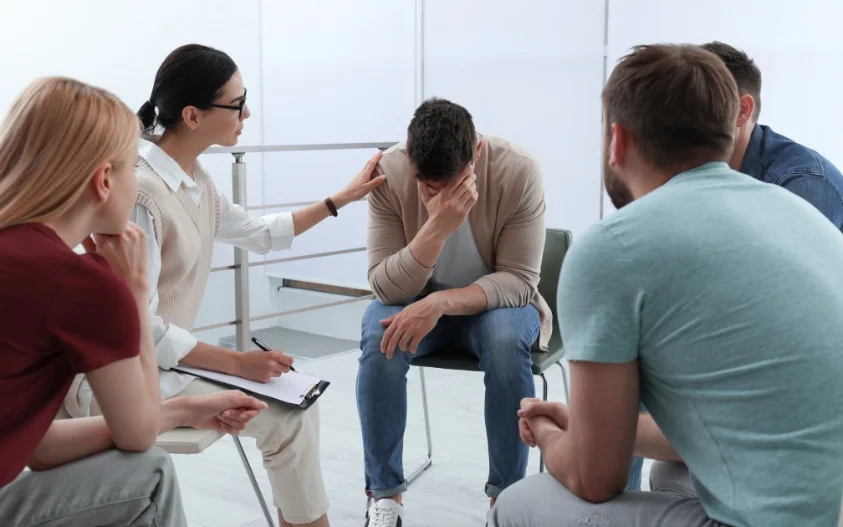24/7 Helpline:
(866) 899-221924/7 Helpline:
(866) 899-2219
Learn more about Klonopin Rehab centers in Colquitt County
Klonopin Rehab in Other Counties

Other Insurance Options

Optum

Regence

Carleon

United Health Care

Sutter

CareFirst

GEHA

Health Net

CareSource

MHNNet Behavioral Health

Access to Recovery (ATR) Voucher

EmblemHealth
Beacon

Multiplan

AllWell

Sliding scale payment assistance

Absolute Total Care

Cigna

Magellan

Lucent

Turning Point
Turning Point is an alcohol and drug rehabilitation center in Moultrie, Georgia. The facility is loc...

Colquitt County Mental Health
Colquitt County Mental Health provides an array of support and services to those affected by mental ...

Turning Point West Campus
The Turning Point West Campus is a drug and alcohol treatment center that supports adults with subst...

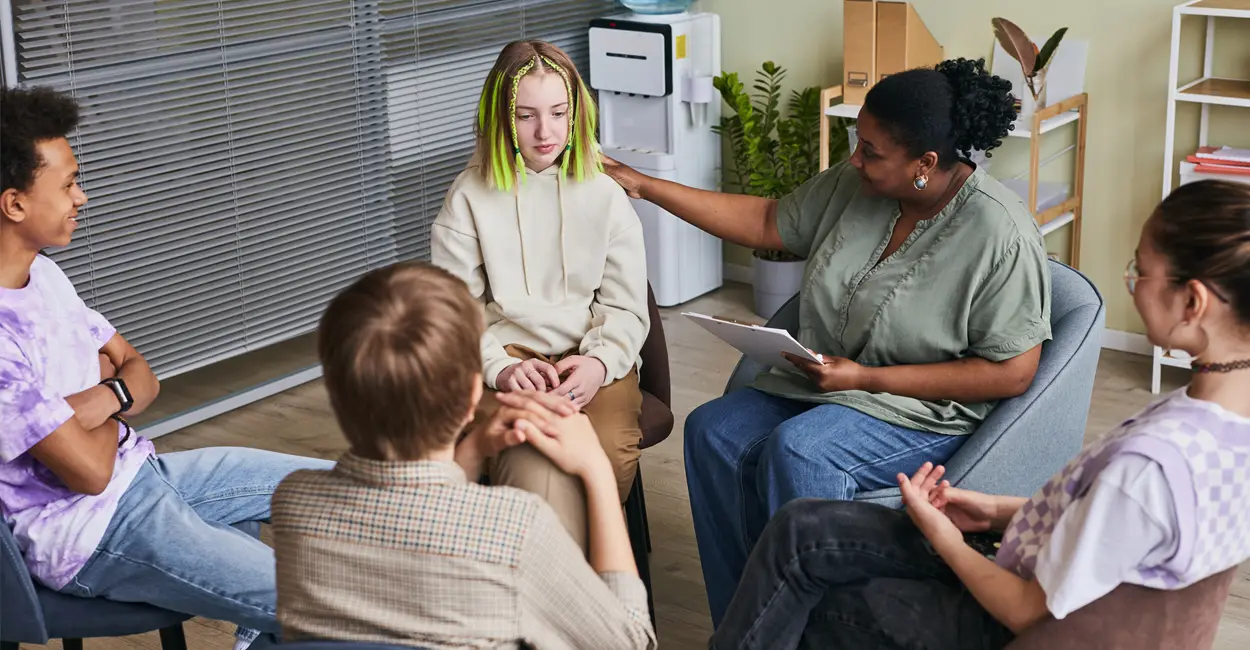
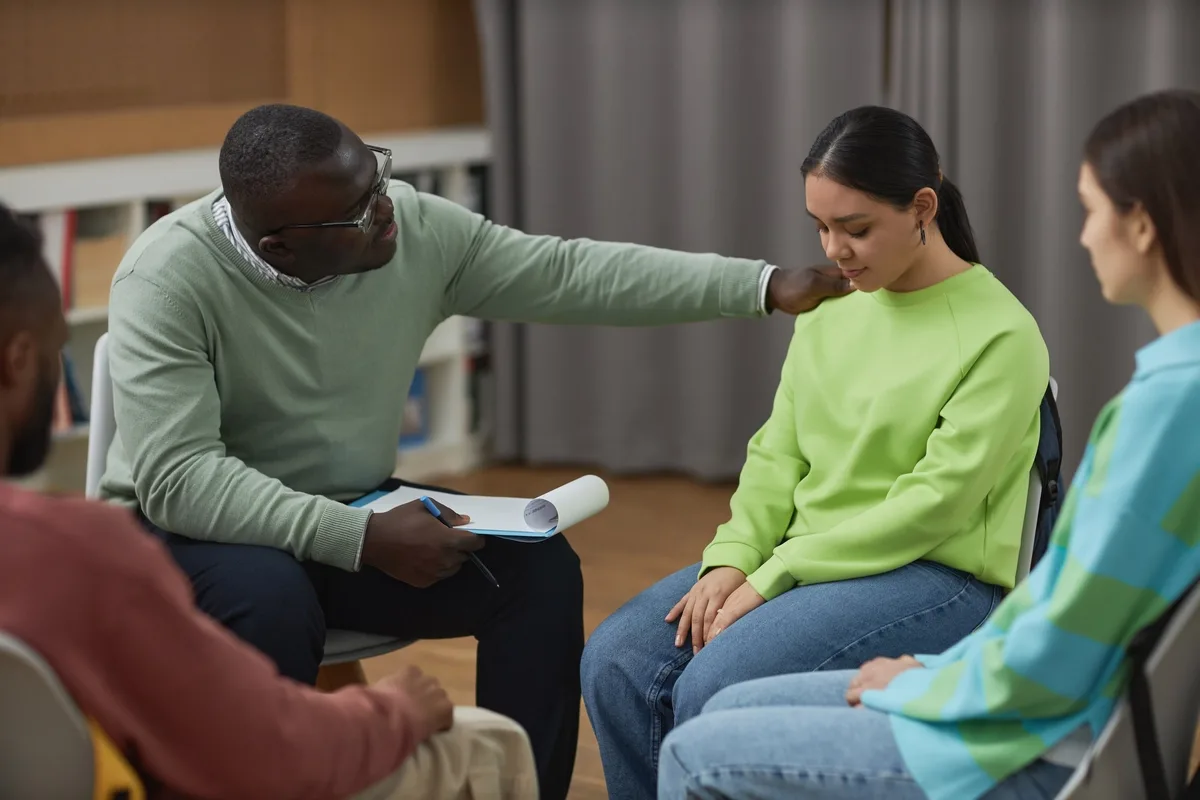




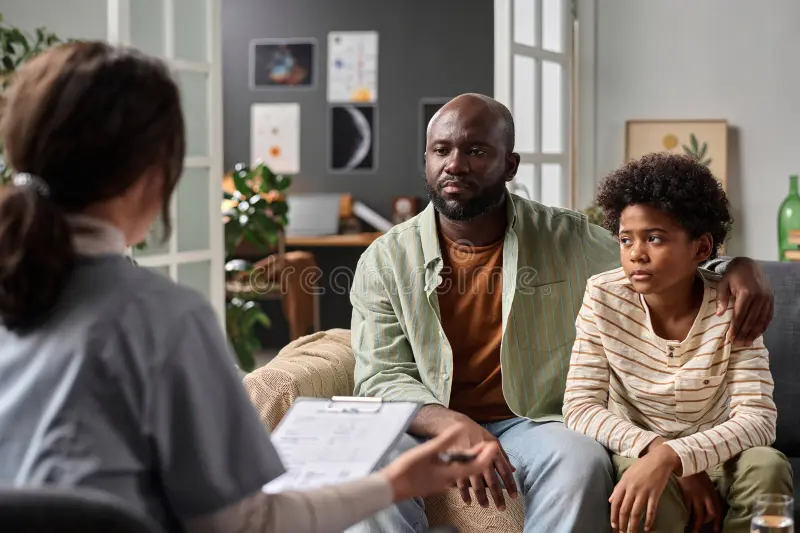


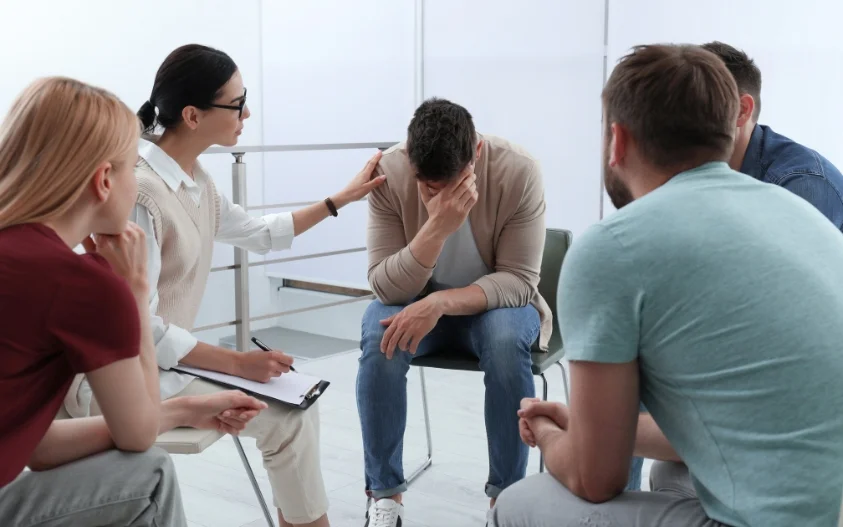
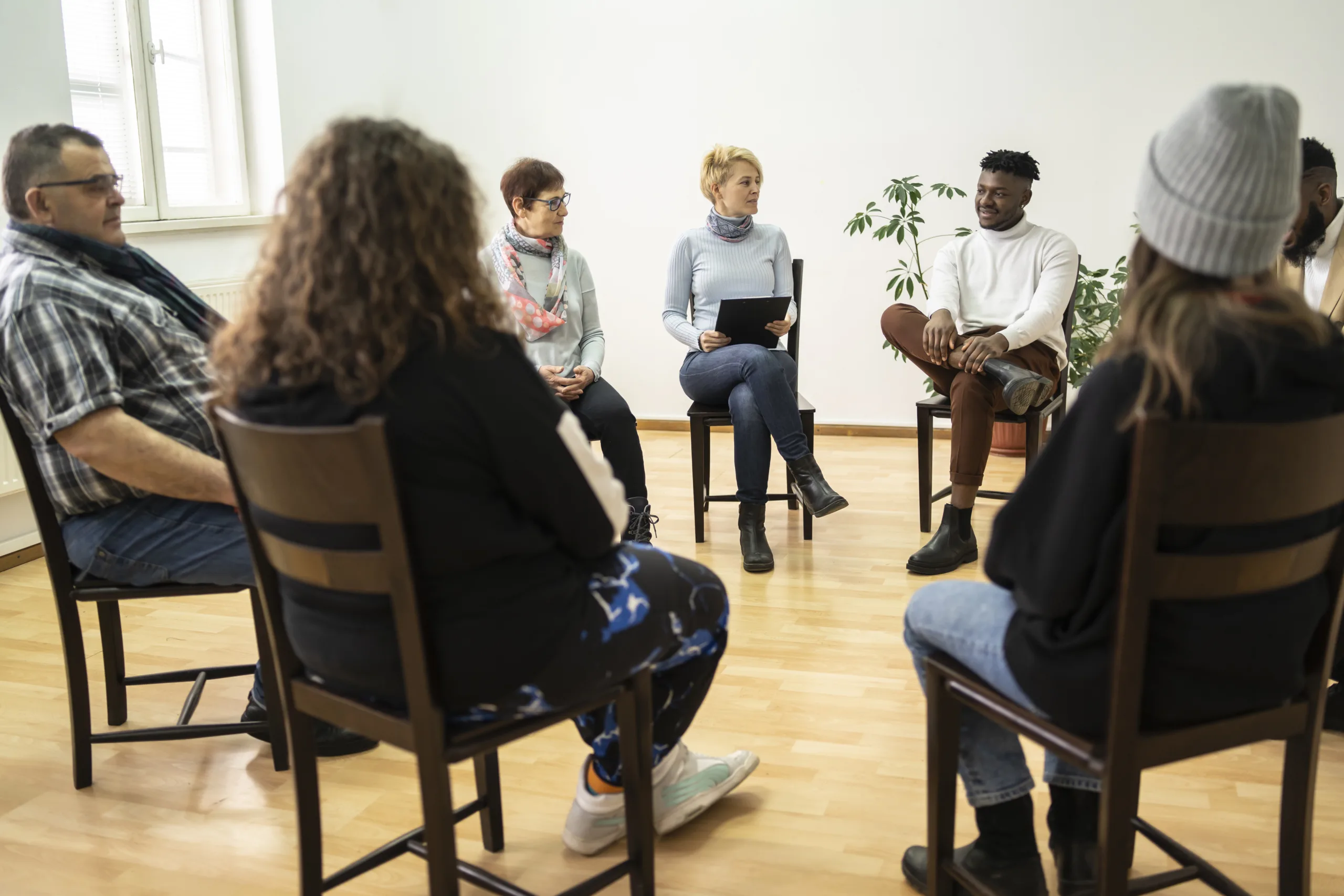




NA – Narcotics Anonymous – Group
NA – Narcotics Anonymous – Group is a non-profit rehab located in Moultrie, Georgia. NA – Narcotics ...

Turning Point Intensive Outpatient Center – Men
For over 25 years, Turning Point has provided healing and hope to adults who suffer from behavioral ...

Turning Point Trauma II
For over 25 years, Turning Point has provided healing and hope to adults who suffer from behavioral ...

Turning Point Intensive Outpatient Center – Women
For over 25 years, Turning Point has provided healing and hope to adults who suffer from behavioral ...





















































